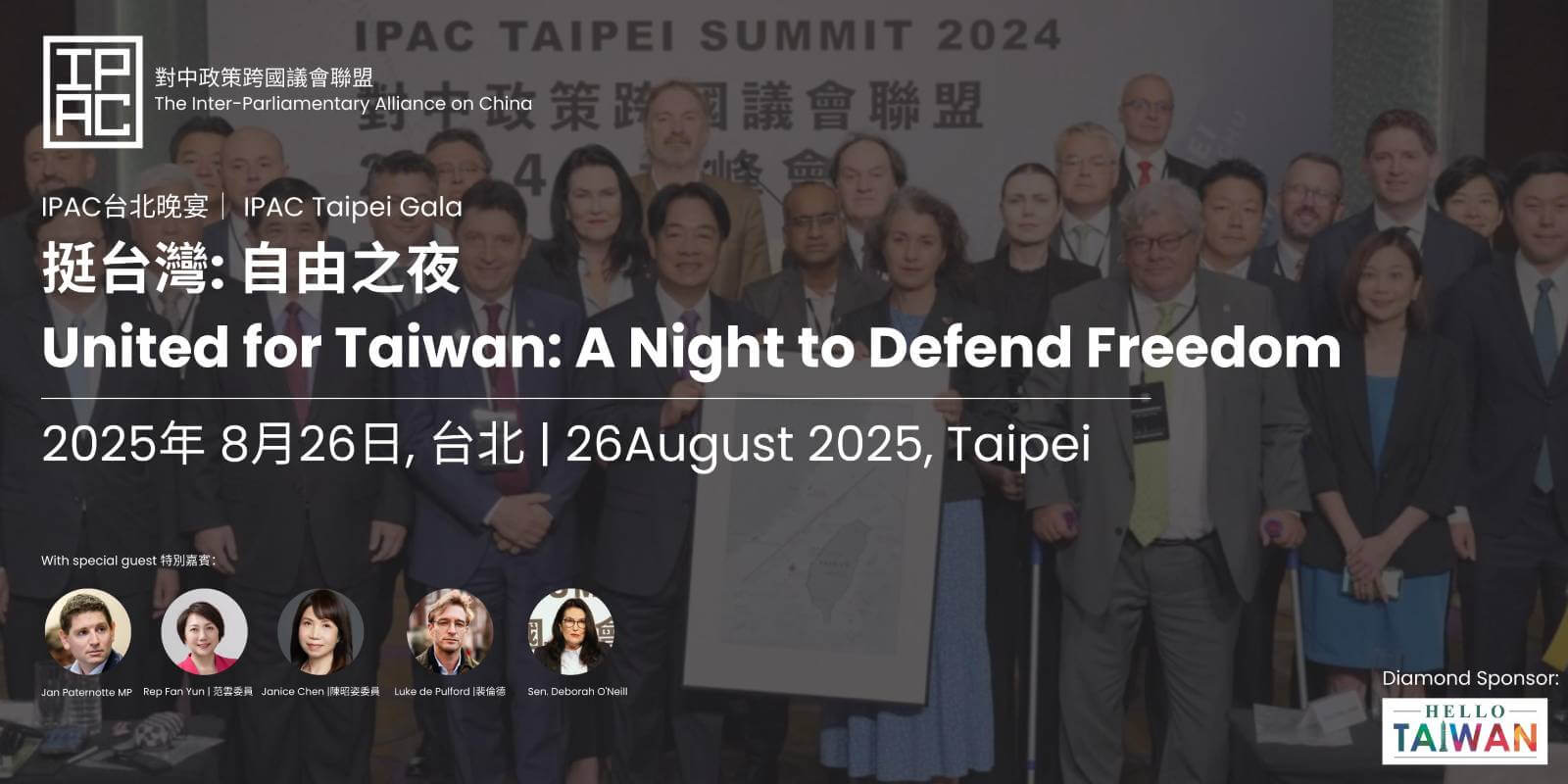UNGA Resolution 2758 Factsheet: What You Need To Know

Context
- In 1949 China’s civil war ended with the defeated Nationalist government of Chiang Kai-shek’s Republic of China fleeing to the island of Formosa (now called Taiwan) and establishing a government in exile.
- Only when post-war restitution was raised in 1943 did the Nationalist government and Chinese Communist Party claim Formosa to be a part of China. Prior to this both had advocated for the island’s independence, viewing it as a frontier land similar to Korea.
- Until the passage of UNRA Resolution 2758 in 1971, China was represented at the United Nations (UN) by the exiled government of the Republic of China (ROC). The People’s Republic of China (PRC) was unrepresented.
What is Resolution 2758?
- United Nation General Assembly (UNRA) Resolution 2758 was passed in 1971, and transfers China’s seat at the UN from the “representatives of Chiang Kai-shek” to the People’s Republic of China.
- It does not address the sovereignty of Taiwan, which is not mentioned. Neither does it preclude Taiwan from representation at the United Nations or other international organisations.
Why does it matter?
- Beijing has sought to distort the meaning of UNGA Resolution 2758 by alleging it confirms its own One China Principle, which states that there is only one China, that Taiwan is an inalienable part of China’s territory, and that the PRC is the sole legal government representing the whole of China.
- In the 1990s and 2000s Beijing sought to internationalise the One China Principle by conflating it with the One China Policies of other countries, which in most cases only acknowledge (but do not accept) the principle. Since 2022, Beijing routinely states that the One China principle “has been clearly recognized by United Nations General Assembly Resolution 2758 of 1971,” and that it is “a universal consensus of the international community and a basic norm in international relations”.
- The PRC has sought to change historic documents and records, including at the UN; and initiated secret agreements at UN bodies, including denying the right of Taiwanese nationals, including journalists, to access UN premises.
- These distortions undermine legal clarity around current and possible future Chinese aggression across the Taiwan Strait, threatening the status quo and regional peace and stability.
- Taiwan’s exclusion from participation at the UN and other international bodies undermines critical global cooperative efforts around public health, climate change and the realisation of the UN Sustainable Development Goals.
What is achieved by passing a Motion on Resolution 2758?
In accordance with IPAC model resolution 2758, agreed at the 2024 Taipei summit, a motion would:
- Raise awareness and help frame the debate around Taiwan, both domestically and in international fora.
- Affirm a country’s One China policy as distinct from Beijing’s One China Principle. (In most cases the One China Policy recognises but does not agree to China’s claims of sovereignty.)
- Be consistent with democratic principles, and of self determination. Popular opinion for (re)unification remains very low.
- Send a strong signal to Beijing that such behaviour would be called out.
- Reaffirm a government position, as in most legislatures a motion would only pass with government approval.
- Set an example other legislatures may follow.
IPAC MODEL RESOLUTION ON 2758
We, members of the Inter-Parliamentary Alliance on China, gathered in Taipei on 30th July 2024, resolve to inform the public about the distortion of United Nations Resolution 2758. We will work to support Taiwan's justified claims for meaningful participation in UN Agencies and beyond. As a first step, we will seek to pass the following resolution in our respective parliaments.
Recalling that United Nations Resolution 2758 (2758) of the 25th October 1971, which established the People’s Republic of China (PRC) as the “only legitimate representative of China to the United Nations” (UN):
- Does not mention Taiwan;
- Does not address the political status of Taiwan;
- Does not establish PRC sovereignty over Taiwan;
- Is silent both on the status of Taiwan in the United Nations, and on Taiwanese participation in UN agencies;
Recalling with regret:
- Sustained efforts made by representatives of the PRC to distort the meaning of 2758 in support of the “One China Principle”;
- The alteration of historic documents by representatives of the PRC, changing “Taiwan” to “Taiwan, Province of China”;
Resolves that:
- 2758 does not establish the “One China Principle” as a matter of international law, but principally the right of the PRC to represent China to the UN;
- Nothing in law prevents the participation of Taiwan in international organizations;
- 2758 has no bearing on the sovereign choices of other countries with respect to their relationship with Taiwan;
- The lack of effective engagement in UN bodies for 23.5 million Taiwanese must urgently be remedied.
Agreed on 31st July, 2024
Full Text of UN Resolution 2758
THE GENERAL ASSEMBLY.
Recalling the principles of the Charter of the United Nations.
Considering the restoration of the lawful rights of the People’s Republic of China is essential both for the protection of the Charter of the United Nations and for the cause that the United Nations must serve under the Charter.
Recognizing that the representatives of the Government of the People’s Republic of China are the only lawful representatives of China to the United Nations and that the People’s Republic of China is one of the five permanent members of the Security Council.
Decides to restore all its rights to the People’s Republic of China and to recognize the representatives of its Government as the only legitimate representatives of China to the United Nations, and to expel forthwith the representatives of Chiang Kai-shek from the place which they unlawfully occupy at the United Nations and in all the organizations related to it.
Source: American Institute in Taiwan, U.N. Resolution 2758 - Oct. 25 1971.

%20(1).jpg)




















